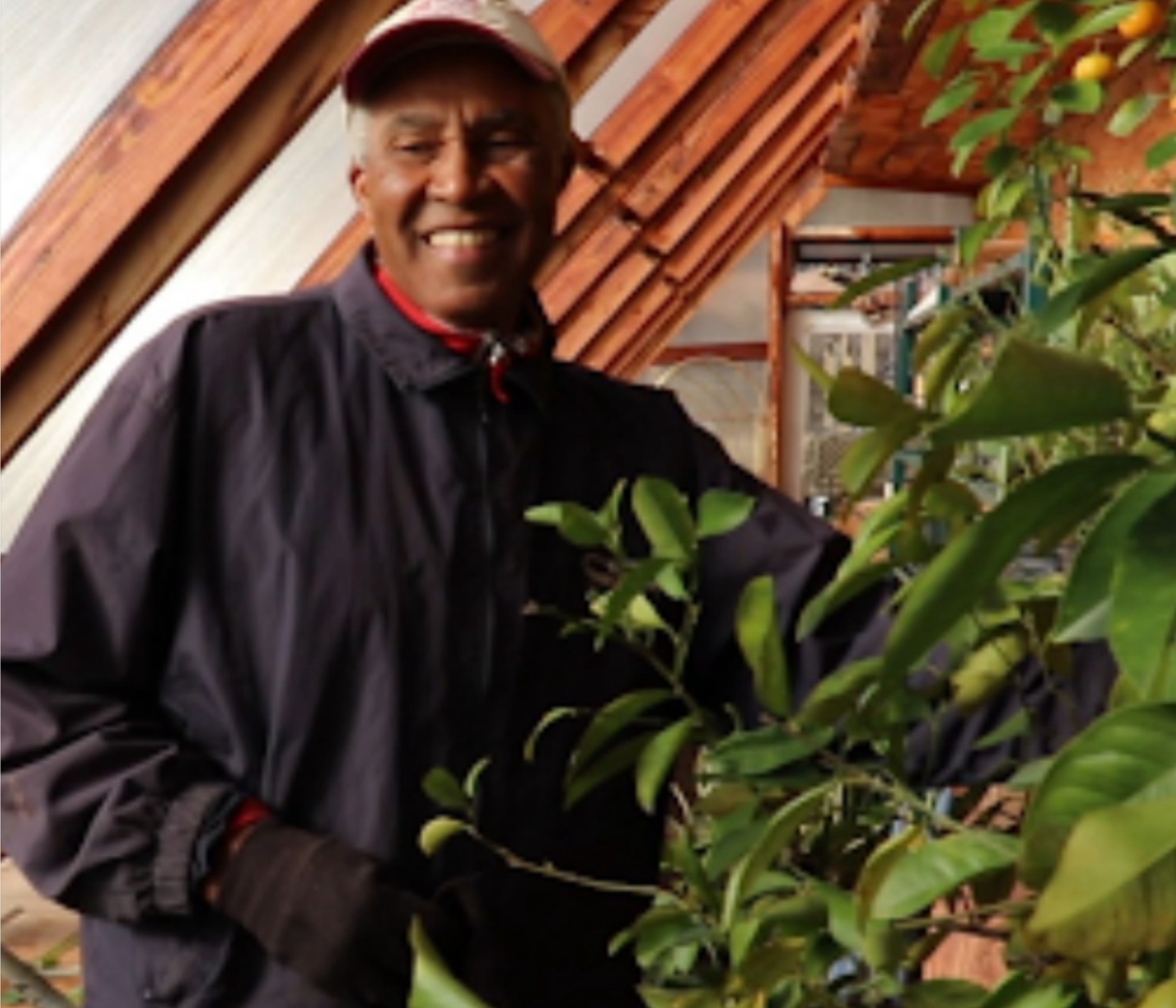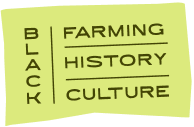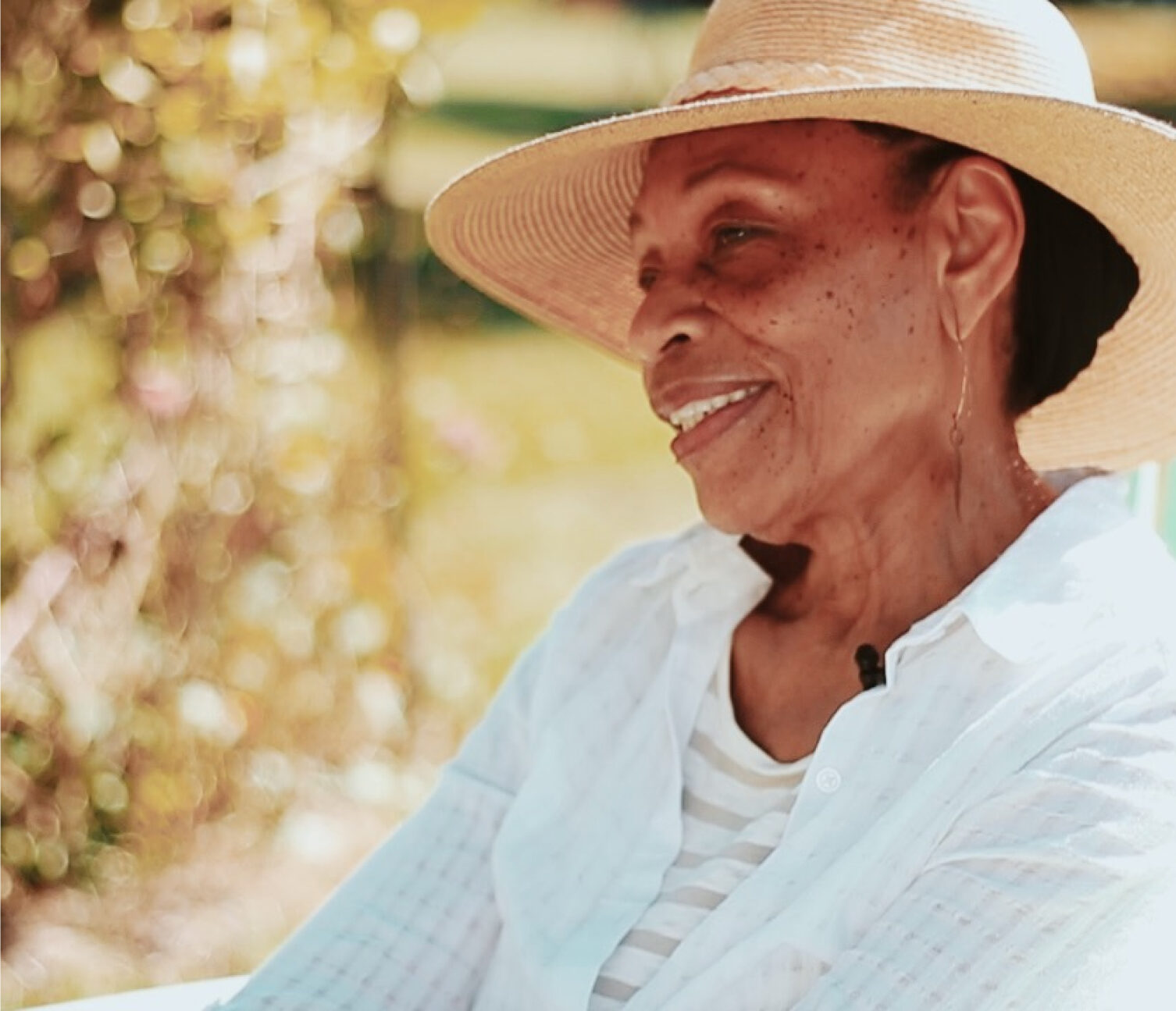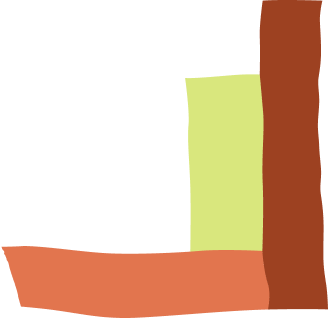

Our Farmer Network
SAAFON farmers are engaged in practices that hold the key to achieving a just, interdependent, and localized food system that offer models that reimagine how we live, and have a greater impact in the preservation of Black agrarian culture and society.
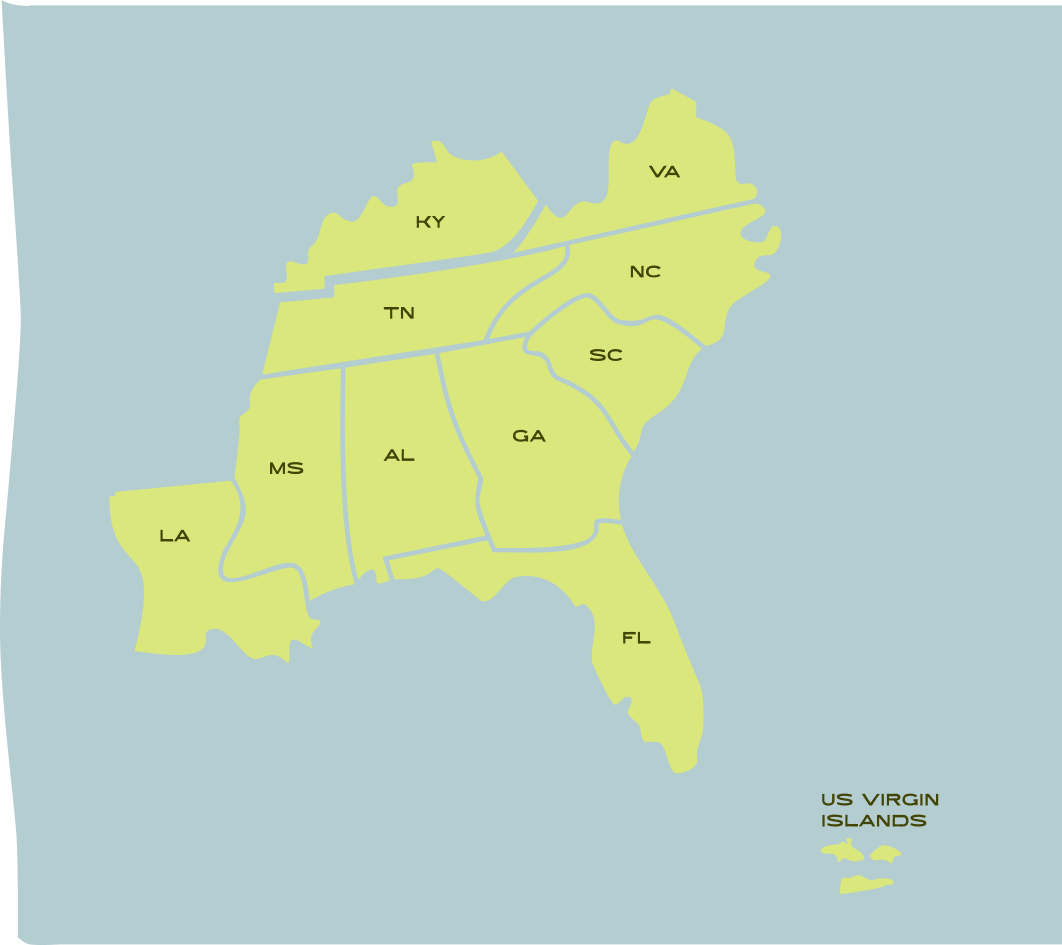
Who We Represent
SAAFON’s members are located across 10 states and the U.S. Virgin Islands, including Mississippi, Alabama, Georgia, North Carolina, South Carolina, Florida, Virginia, Kentucky, Tennessee and Louisiana.
Read more
Read more
Our members are creating diverse land engagement models to sustain their operations and improve their communities. With a farmer-centered, farmer-led approach rooted in our commitment to agroecological practice, SAAFON’ s goal is to raise the visibility of our farmers’ practices and enterprises both nationally and internationally.
Read Less
Read Less

Biodiversity of Our Farms
SAAFON farms include programs and activities dedicated to:
- Sustainable or certified organic production of vegetables, fruit, herbs, perennials, and livestock
- The development of farmer cooperatives, collective formations, and associations
- Agritourism, Black heritage and family-oriented experiences
- Educational programming, that cultivates agricultural skills and agrarian values
- Land and spirit-based healing offerings
- Agrarian arts, including fiber production, music, herbalism, and natural dye
- Land engagement rooted in community and food system development
- Value-added product development and sales
- And more…
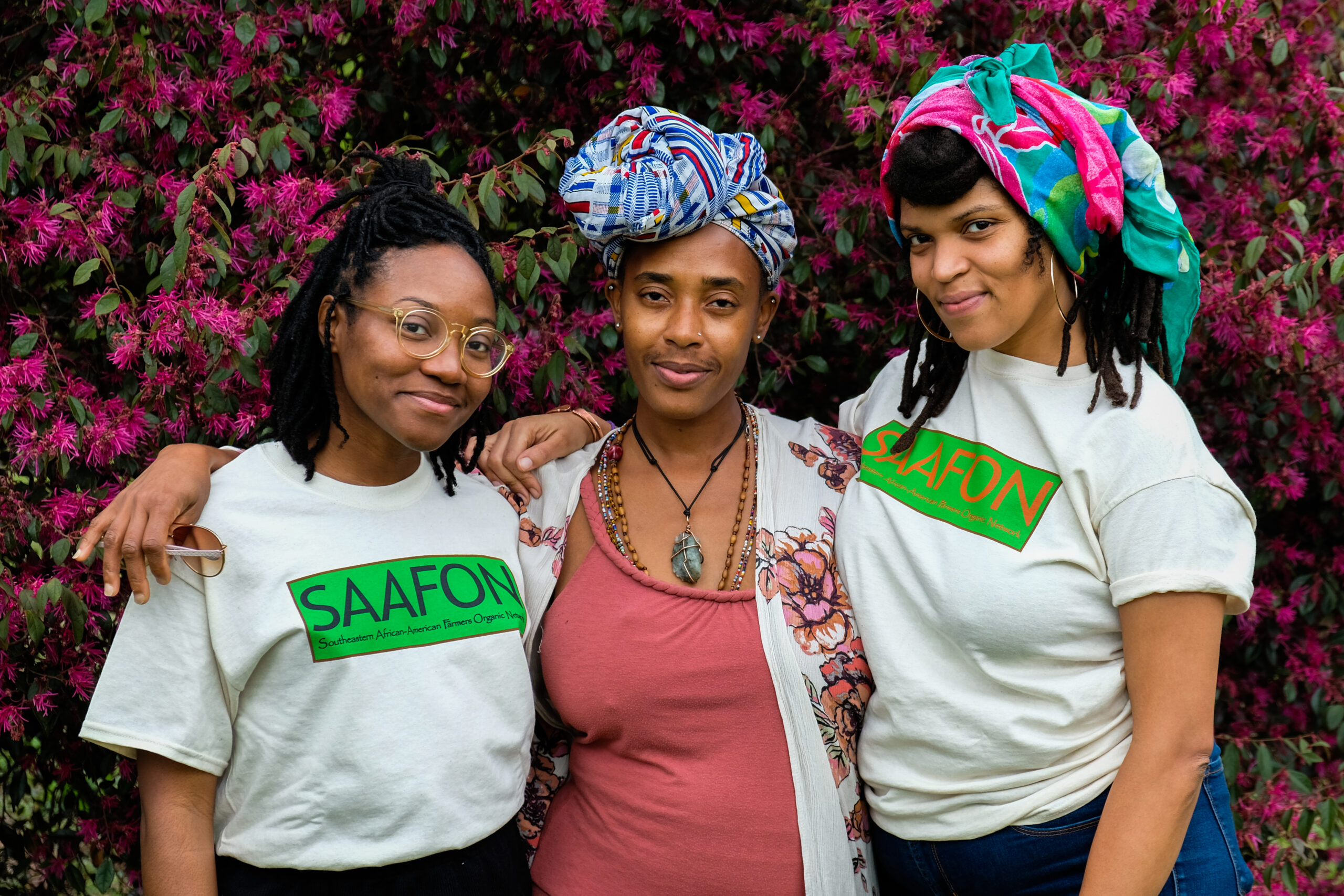
Membership Tiers
Production/Commercial farmers
Production/Commercial farmers
- Farms that are certified organic OR using ecologically sustainable growing practices
- Farms that are growing for commercial purposes (regardless of scale)
- This includes farms that produce value-added products or utilize agritourism as revenue stream
Educational Farms & Organizations
Educational Farms & Organizations
- Community farms and gardens
- Farms offering educational programming as their primary offering OR agricultural organizations housing a farm
- Farms with 501(c)3 status
Transitional Farms
Transitional Farms
- Farmers who are seeking organic certification
- Farmers who transitioning from conventional to sustainable growing practices
- Farmers who are transitioning from subsistence growing to commercial production
- Returning generation farmers (re)establishing a family farm
Land Stewards & Emerging Farmers
Land Stewards & Emerging Farmers
- Beginning farmers with less than 5 years of growing/farming experience
- Farmers who are managing operations they do not own
- Homesteaders / subsistence farmers and agrarians
- Farm hands and farmworkers
Solidarity Supporters
Solidarity Supporters
- Black, Indigenous and farmers of color who are outside of our regional footprint
- Black Agrarian Cultural Workers, and other contributing to the enrichment of the Southern Black Agrarian landscape (including, but not limited to: craftspeople, artists, storytellers, preservationists, academics, and culinarians)
- Our comrades engaged in international peasant/agrarian movement work
Tier Benefits
- Quarterly member communications including: member events, resource opportunities, organizational updates, and more
- Virtual and in-person opportunities for farmer-to-farmer exchange
- Learning opportunities to grow skills and technical practices
- Facilitated connections with regional marketing resources, by request
- Access to Direct Farmer Support Grants, for infrastructure, emergency, and education
- Quarterly member communications including: member events, resource opportunities, organizational updates, and more
- Virtual and in-person opportunities for farmer-to-farmer exchange
- Priority for event sponsorship and co-hosting
- Access to Direct Farmer Support Grants, for infrastructure, emergency, and education
- Quarterly member communications including: member events, resource opportunities, organizational updates, and more
- Virtual and in-person opportunities for farmer-to-farmer exchange
- Learning opportunities to grow skills and technical practices
- Educational opportunities to support transition – may include workshops, technical assistance, and mentorship
- Access to Direct Farmer Support Grants, for emergency and education
- Quarterly member communications including: member events, resource opportunities, organizational updates, and more
- Virtual and in-person opportunities for farmer-to-farmer exchange
- Learning opportunities to grow skills and technical practices
- Access to Direct Farmer Support Grants, for emergency and education
Production/Commercial farmers
Educational Farms & Organizations
Transitional Farms
Land Stewards & Emerging Farmers

FAQS
Which tier is the best fit for me?
Which tier is the best fit for me?
SAAFON represents a diverse network of farmers, agrarians, and land stewards across the SE and Caribbean region – many folks don’t fit neatly into one tier or the other. Please utilize our Membership Tier breakdown above to determine which tier is the most appropriate for you. Through your membership intake process, we will determine the best fit for you and your farm.
I live outside of SAAFON’s regional footprint – can I be a member?
I live outside of SAAFON’s regional footprint – can I be a member?
SAAFON only accepts and represents members from the following states and territories: FL, GA, AL, LA, MS, SC, NC, TN, KY, VA, and USVI. If you live outside of our regional footprint, we invite you to sign up to be a Solidarity Supporter (see more details on our Membership Tier breakdown above), and to follow along with our work on socials.
I’m interested in purchasing from SAAFON members – can I get in touch?
I’m interested in purchasing from SAAFON members – can I get in touch?
SAAFON does not currently facilitate market connections or broker contracts on behalf of our members. In order to respect the privacy of our members, we do not publicly promote or share their contact information. To connect with Black farmers in your area, we recommend the Black Farmers Index, curated by Ark Republic.
I’m not certified organic – can I still be a SAAFON member?
I’m not certified organic – can I still be a SAAFON member?
As an institution, we recognize the structural inequity and barriers to access for many Black farmers in accessing Organic (and other) certification. As such, there are no formal certification requirements for SAAFON members. However, we honor the legacy of our founding mother, Cynthia Hayes, who recognized the importance of sustainability and ancestral farming practices, many of which were and continue to be embodied in the practices of our farmer members. We also recognize that the language surrounding the embodied land stewardship practices of our farmers changes frequently, and we recognize a variety of production methodologies, including but not limited to agro/afroecological, regenerative/sustainable, naturally grown, ecological, and biodynamic techniques. All SAAFON farmer members are expected to utilize these practices in their farm operations. For farmers who currently utilize conventional practices interested in SAAFON membership, please explore our Transitional Membership Tier.
Do you have to have land to be a member of SAAFON?
Do you have to have land to be a member of SAAFON?
While there are no formal land ownership or tenure requirements to be a SAAFON member, our membership is intended to support farmers and land stewards. When applying for SAAFON membership, please select the membership tier that is most appropriate for you. If you are NOT a farmer or land steward but want to be in community with SAAFON, please explore becoming a Solidarity Supporter. We welcome agrarian workers, craftspeople, storytellers, cultural workers, and farmers from outside of our regional footprint to connect with us by joining that tier.
What grants are available through SAAFON membership?
What grants are available through SAAFON membership?
SAAFON offers our members access to internal resourcing opportunities as they are available. Details regarding these opportunities are made available upon completion of membership process, and are stewarded equitably amongst our membership. SAAFON is happy to recommend a number of external grant opportunities as they are available, but does not explicitly endorse any particular fund or resourcing opportunity. SAAFON does not currently offer structured support in grant writing or case-by-case grant applications.


